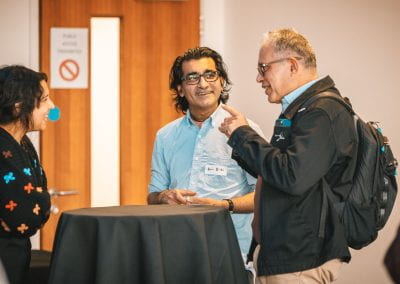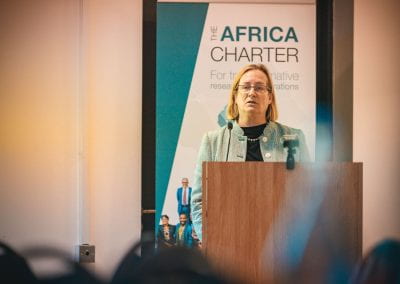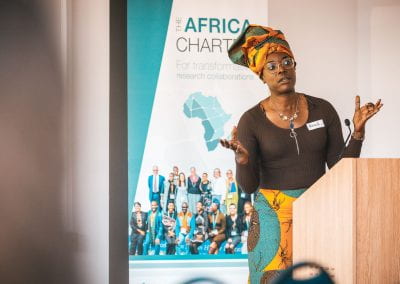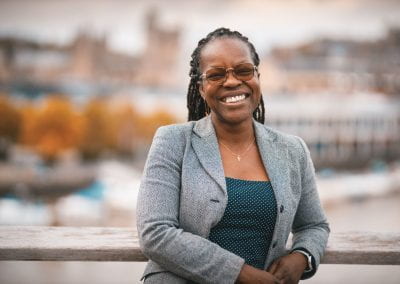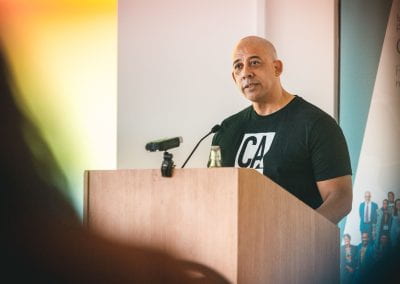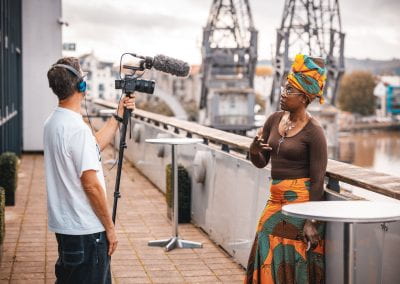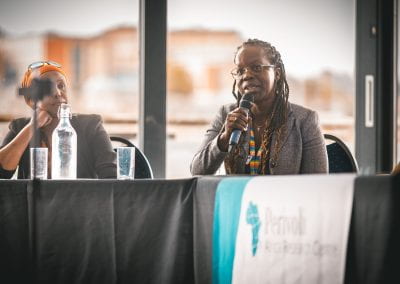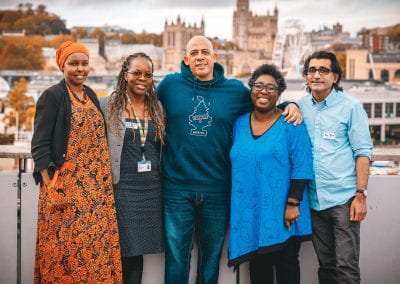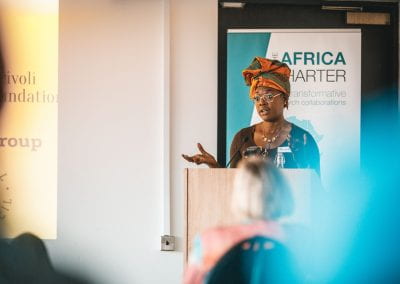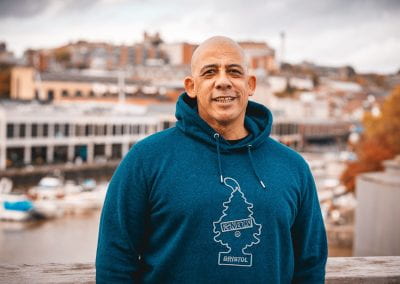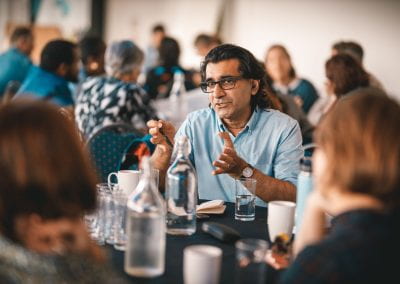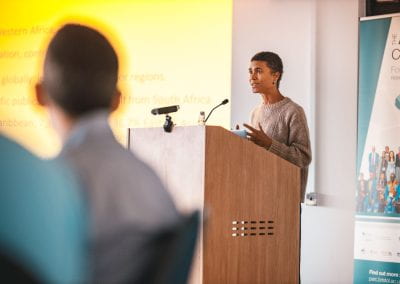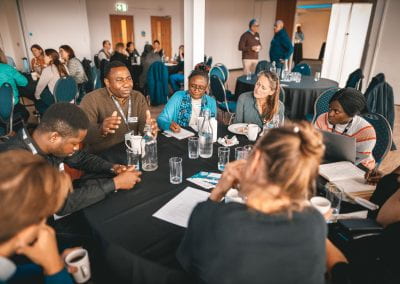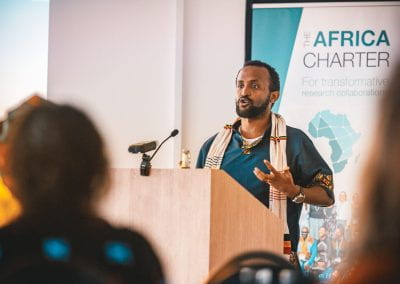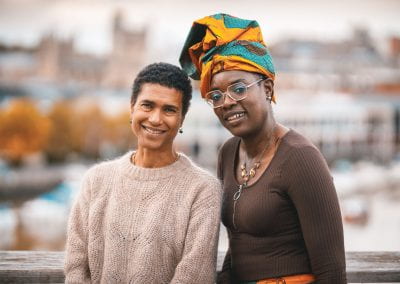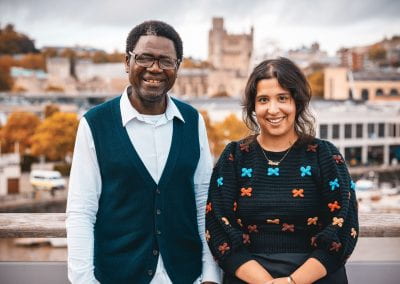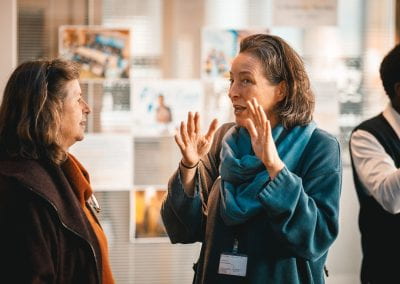Bristol & the Africa Charter
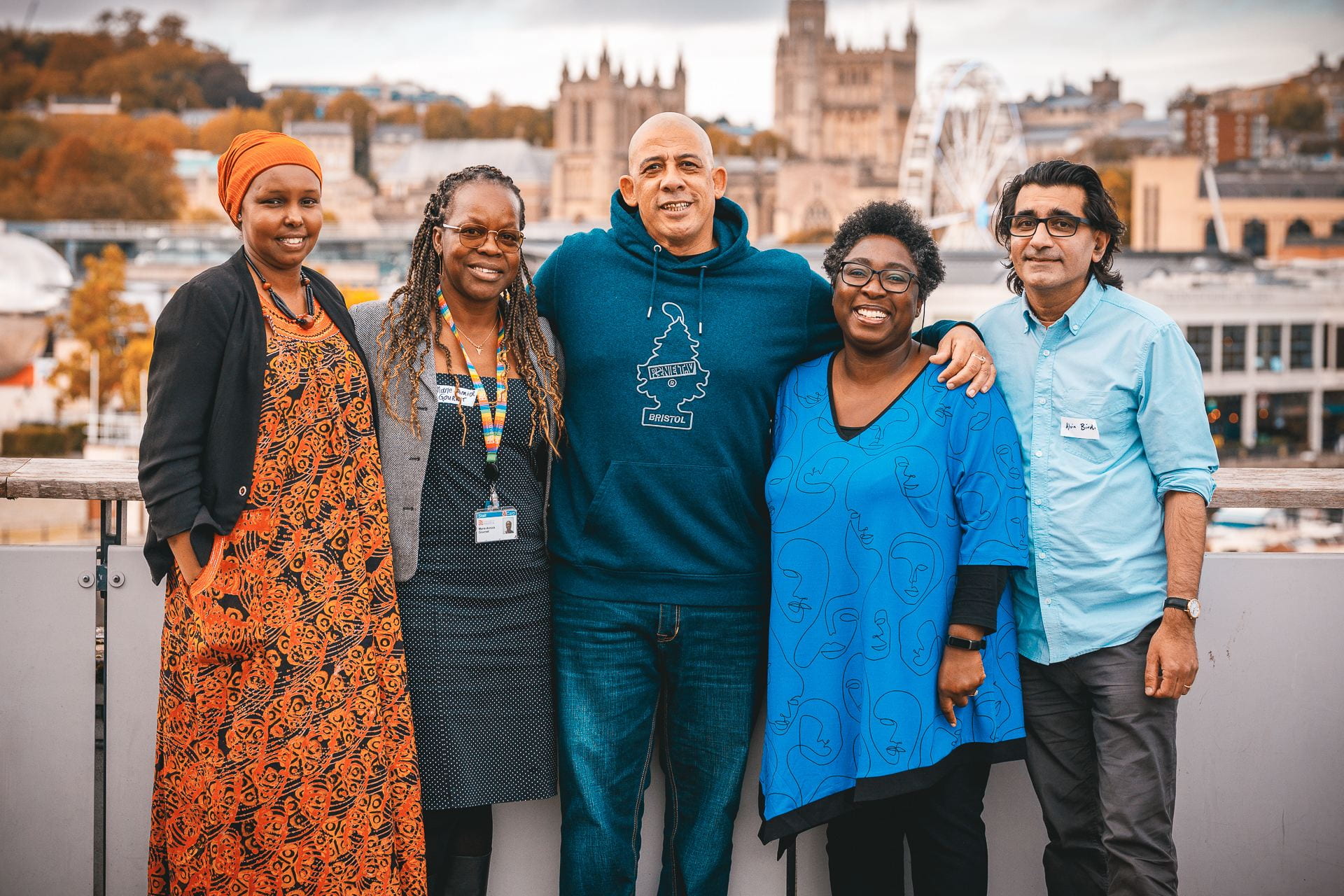
On 31st October, city leaders and senior figures at the University of Bristol gathered at M-Shed to explore how the city could model the principles of the Africa Charter.
PARC joined Research Culture, Inclusive Research Collective, Centre for Black Humanities, Anti-Racism Steering Committee, Transforming Education for Sustainable Futures and UoB decolonisation initiatives, bringing University and City of Bristol constituencies together to foster wide, open and critical engagement with the Charter.
Ways forward
The event resulted in a broad range of ideas, suggestions and outcomes – you can see a few of these below.
Potential avenues for joint inquiry that the University and City of Bristol could pursue together
- The Bristol One City Plan (to 2050), which calls for private, public sector and voluntary institutions to work together for local and global benefit to reduce inequalities in society. There are seven twinning cities and associations in Africa, Asia and the Global North. There is the potential to bring the Charter to these collaborations.
- Linking research funding to communities: research ideas to come from communities and, together with researchers, co-create the approach needed to understand the research topic and way of engagement.
- More engagement with the diaspora, and to engage with diaspora students at both universities in Bristol.
- Can we address the needs of vulnerable groups such as asylum seekers and refugees? The University of Bristol and UWE provide Sanctuary Scholarships.
And specifically at the University of Bristol
- The Productive Margins collaborative have co-created research for a long time, shifting the regulatory margins on research and knowledge production. The Africa Charter chimes with this work.
- The Bristol City Fellows programme – being part of a university research network, ways of seeing and ways of knowing.
- Centre for Black Humanities (established in 2017) recognising the plurality of knowledges on how the world works. Science and scientific research importance in the humanities.
Concluding remarks
The University of Bristol’s Vice-Chancellor, Professor Evelyn Welch, concluded the event by reaffirming the University’s (and her own) personal commitment to the Africa Charter as a core endeavour to make its Global Civic Vision meaningful.
What people said about the Africa Charter
A Journey of Discovery
Central to the event was the performance of a newly commissioned poem from local poet, activist and educator Dr Lawrence Hoo. Below you can see Lawrence’s performance. You can also read the press release, or see the poem in full.

